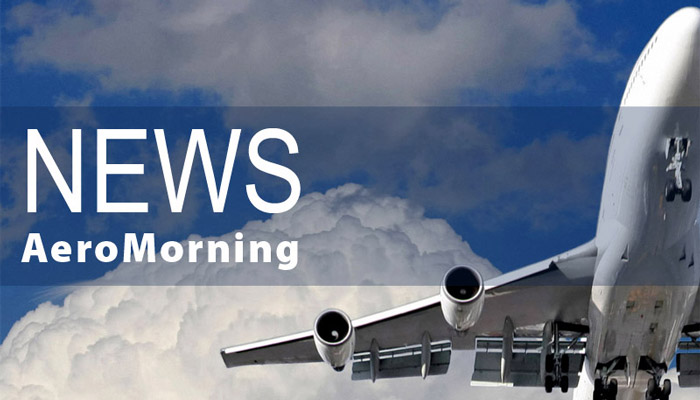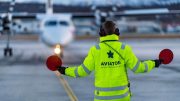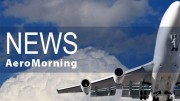The popularity of Artificial Intelligence (AI) is on the rise, with the market projected to reach $1,811.8 billion by 2030, according to GrandViewResearch statistics. At the same time, the aviation industry has been grappling with a talent shortage as reported by Boeing, with an expected demand for 602,000 new pilots and 899,000 new cabin crew members globally by 2041. Can the boom in AI be the answer to aviation’s most pressing issue?
“AI has the potential to mitigate the aviation industry’s talent shortage, but it is unlikely to replace human flight crews entirely anytime soon,” believes Jainita Hogervorst, Director of Aerviva Aviation Consultancy, a Dubai-based international consultancy, specialising in aviation recruitment and document management. “While autonomous aircraft may become a reality in the distant future, the aviation community remains cautious about entrusting full control to AI due to safety risks and the intricate nature of flying.”
Automation’s Role in Cockpit
According to the Federal Aviation Administration (FAA), human error is the leading cause of both commercial airline crashes and general aircraft accidents — (60-80%) of aviation accidents involve some type of human error. Reducing human-involved tasks might be beneficial in reducing the number of potential accidents.
“Automation can prove beneficial by relieving pilots from repetitive or less rewarding tasks, allowing them to focus on critical decision-making processes,” says Hogervorst. “However, this shift also transforms the pilot’s role from active operation to one of monitoring, which humans might struggle with over extended periods effectively.”
One of the primary concerns regarding automation on the flight deck is the potential loss of situational awareness. “Human pilots possess an intuitive understanding of their surroundings, enabling them to respond swiftly to unforeseen circumstances. AI systems, while advanced, may not possess the same level of instinctual comprehension,” she explains.
With increasing reliance on AI and automation, there is a risk of pilots losing their manual flying skills. This dependence might lead to overconfidence in the technology, leading to complacency or delayed human intervention when the system encounters unforeseen challenges.
AI systems can sometimes behave unpredictably, making it challenging for flight crews to anticipate or comprehend the machine’s actions fully. Maintaining continuous oversight and understanding the AI’s decision-making process can be difficult, raising concerns about its reliability in critical situations.
AI and Cabin Crew: Automation without Replacement
For cabin crew members, AI is unlikely to replace them entirely but could significantly enhance their roles. “AI can automate mundane tasks such as answering common passenger queries, flight information assistance, booking changes, and baggage tracking. This allows the cabin crew to focus on their core responsibilities, such as passenger safety, emergency handling, and personalized customer service,” Hogervorst says.
EASA’s AI Roadmap: A Staged Approach to Integration
To address the challenges of integrating AI into aviation operations, the European Union Aviation Safety Agency (EASA) presented an AI Roadmap in 2020. “The roadmap outlines a staged approach to AI deployment, beginning with AI/ML applications assisting and augmenting crew in tasks like flight preparation and execution. The second step involves enhanced human-machine collaboration, with the human retaining full responsibility. In the most advanced stage, the machine operates autonomously but remains supervised by a human. The final stage envisions full autonomy, but human involvement is maintained in the design and oversight phases,” the Director of Aerviva Aviation Consultancy explains.
Deneme bonusu veren siteler müşterilerin ücretsiz olarak casino, internet bahisleri, bingo, kanal çatalı ve diğer online oyunlar için bonusları satın almalarını sağlar.
AI’s growing popularity in the aviation industry holds promise for addressing the talent shortage. “While it could alleviate some of the pressure on pilots and cabin crew by automating certain tasks, a complete replacement of flight crews with AI remains unlikely in the foreseeable future,” Jainita Hogervorst believes.
About Aerviva:
Aerviva is a Dubai-based international consultancy, specialising in aviation recruitment and document management. The consultancy seeks to develop bespoke solutions for clients’ specific needs, guiding them with their global expertise as well as deep understanding and experience in the aviation industry.
Source: Aerviva











Be the first to comment on "Will AI Replace Flight Crews?"